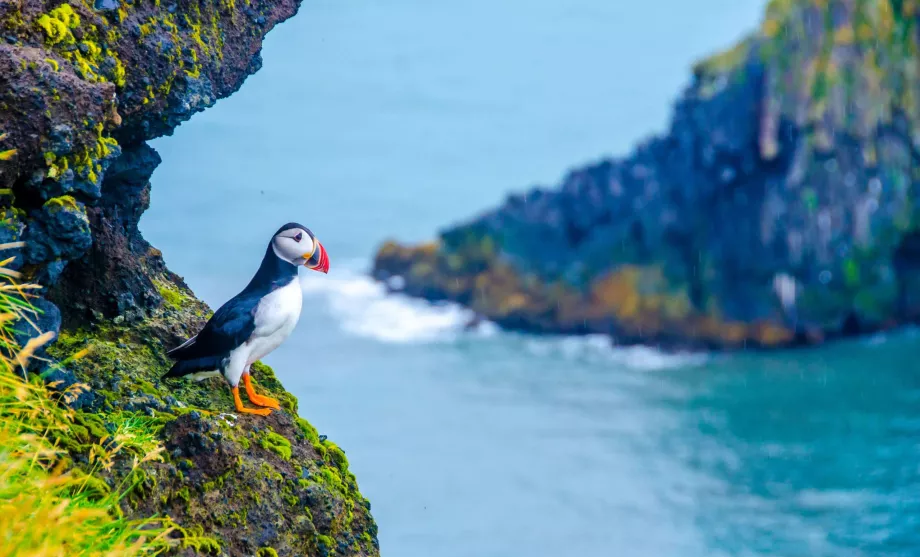Ісландія - безпека та здоров'я

What are the health risks in Iceland? Is it safe and where are the places with the highest crime rates?
Search for accommodation in Iceland
Health risks
If you're planning to head to the mountains, always check the weather forecast on the official safetravel.is website, but it can change by the hour, if not the minute.
Always have the right equipment for the current weather and don't take unnecessary risks. If you are travelling in winter, have warm and waterproof clothing ready.
Always read and follow the signs.
Even though temperatures in Iceland are quite low in summer, have sunscreen ready.
Drinking tap water is perfectly safe and tap water is very clean in Iceland. Sometimes you can smell the sulphur that is in geothermal hot water, but not in cold water. So let the water drain for a while.
Compulsory vaccinations
You definitely don't need any special travel vaccinations for Iceland. The risk of contracting an exotic disease, hepatitis or rabies for example, is minimal here.
There are no exotic diseases in Iceland.
Dangerous animals
The Icelandic mainland is safe for tourists and there are no dangerous animals.
Although you will often see statues of polar bears in souvenir shops, they do not live in the Icelandic wilderness.
There are no snakes or dangerous insects.
Nor are stray dogs found in Iceland to any extent.
Crime
Iceland is one of the countries with the lowest crime rates in the world, so there is little to worry about.
Disaster risk
Natural disasters in Iceland go hand in hand with the beauty of the landscape. Due to the thinness of the earth's surface, you are most likely to encounter volcanic activity or earthquakes, which often precede a volcanic eruption.
Major volcanic activity is recorded on average once every five years in Iceland, and there are currently 30 active volcanoes. It is worth monitoring online forecasts of volcanic activity.
Another major safety risk is the vagaries of the weather. While you will rarely encounter really hard freezes or snow drifts of several metres in Iceland, very strong winds, icy roads and long periods of darkness during the winter months, especially when travelling by car, are common.
Keep an eye on the very useful safetravel.is website, which issues daily alerts about weather vagaries and possible volcanic activity.
Important contacts
In case of emergency, call 112. You can call the emergency services, the police and the fire brigade on this number.
The international telephone code for Iceland is +354.
Залишилися питання?
Якщо у вас є запитання або коментарі щодо статті...

